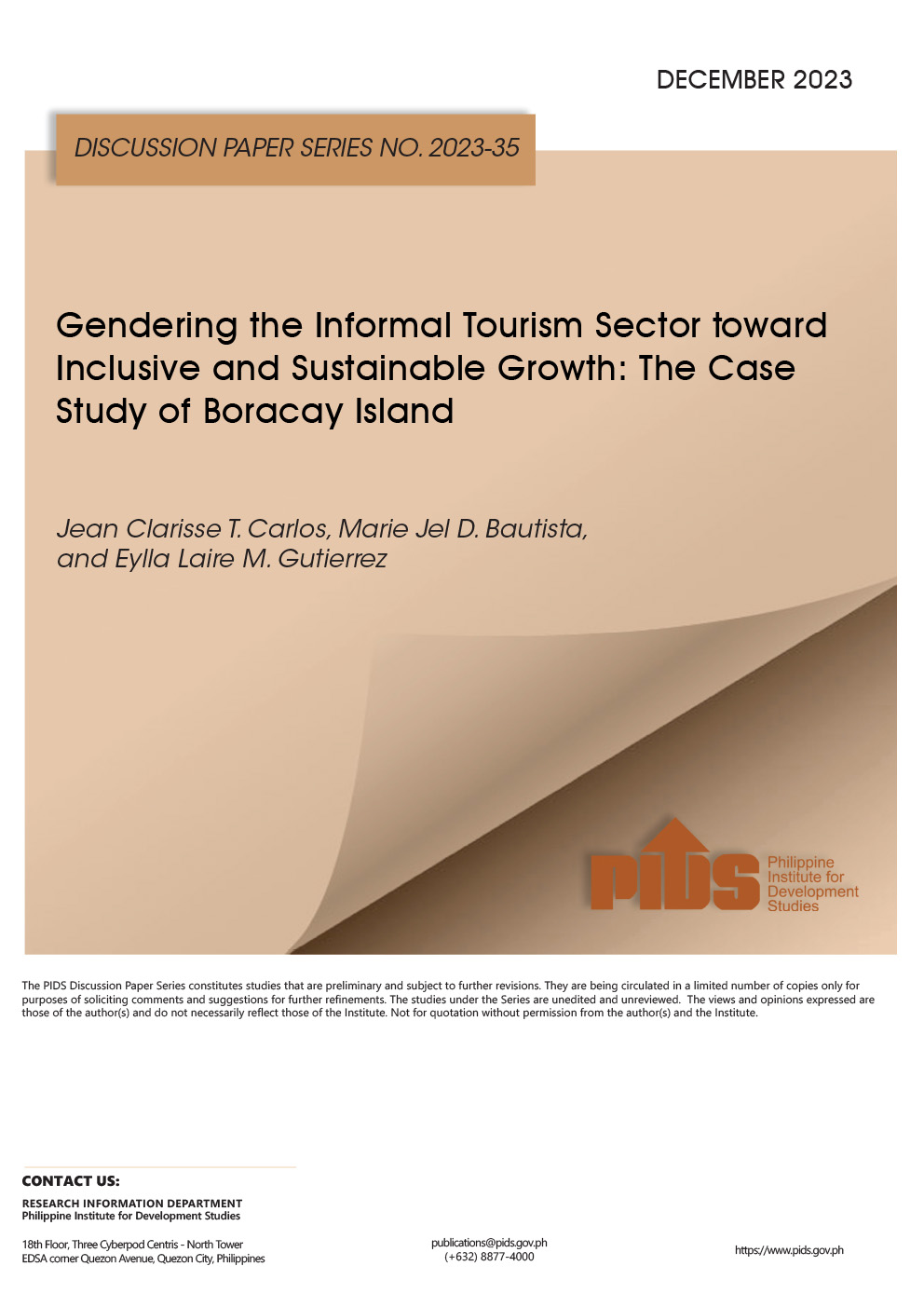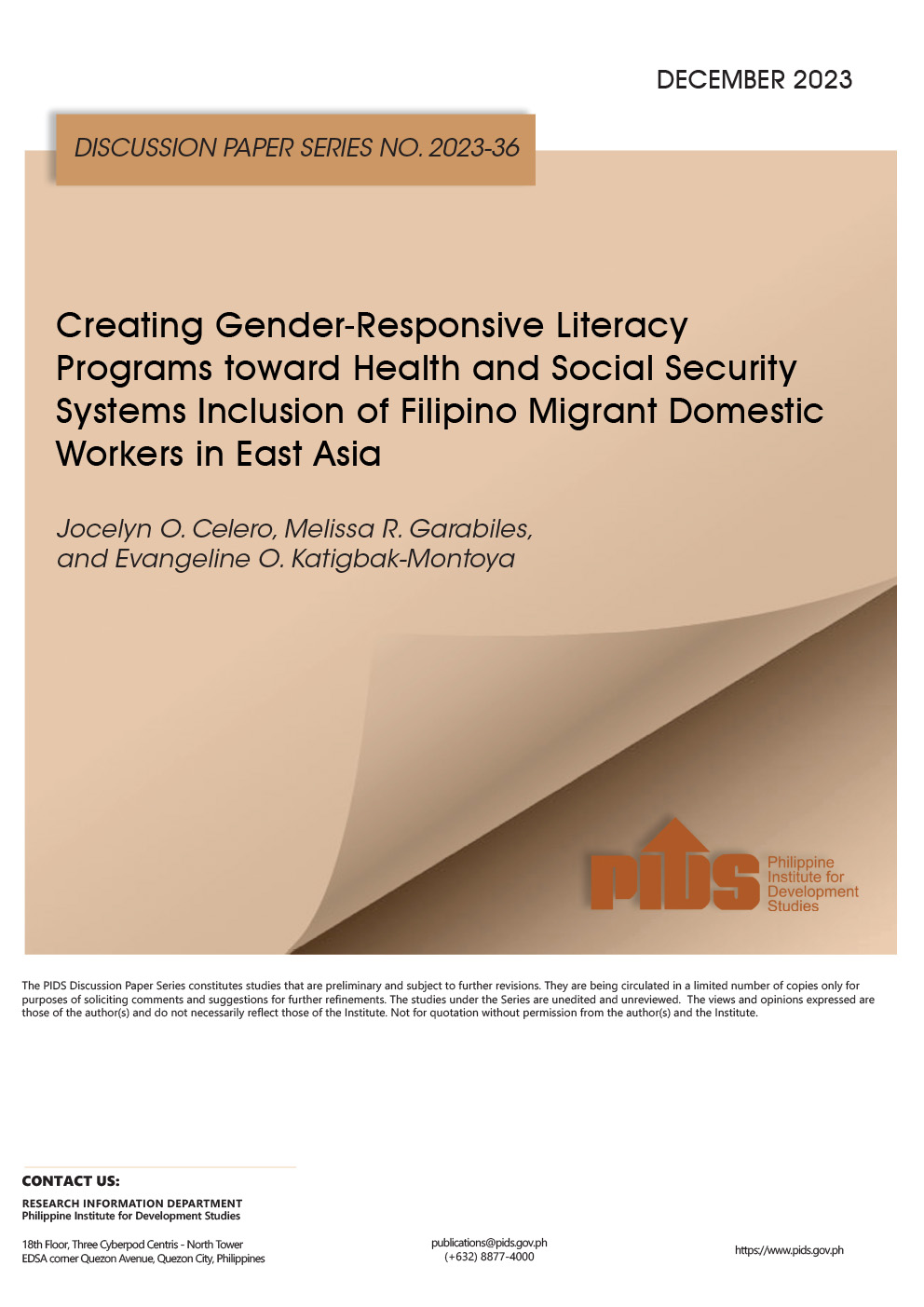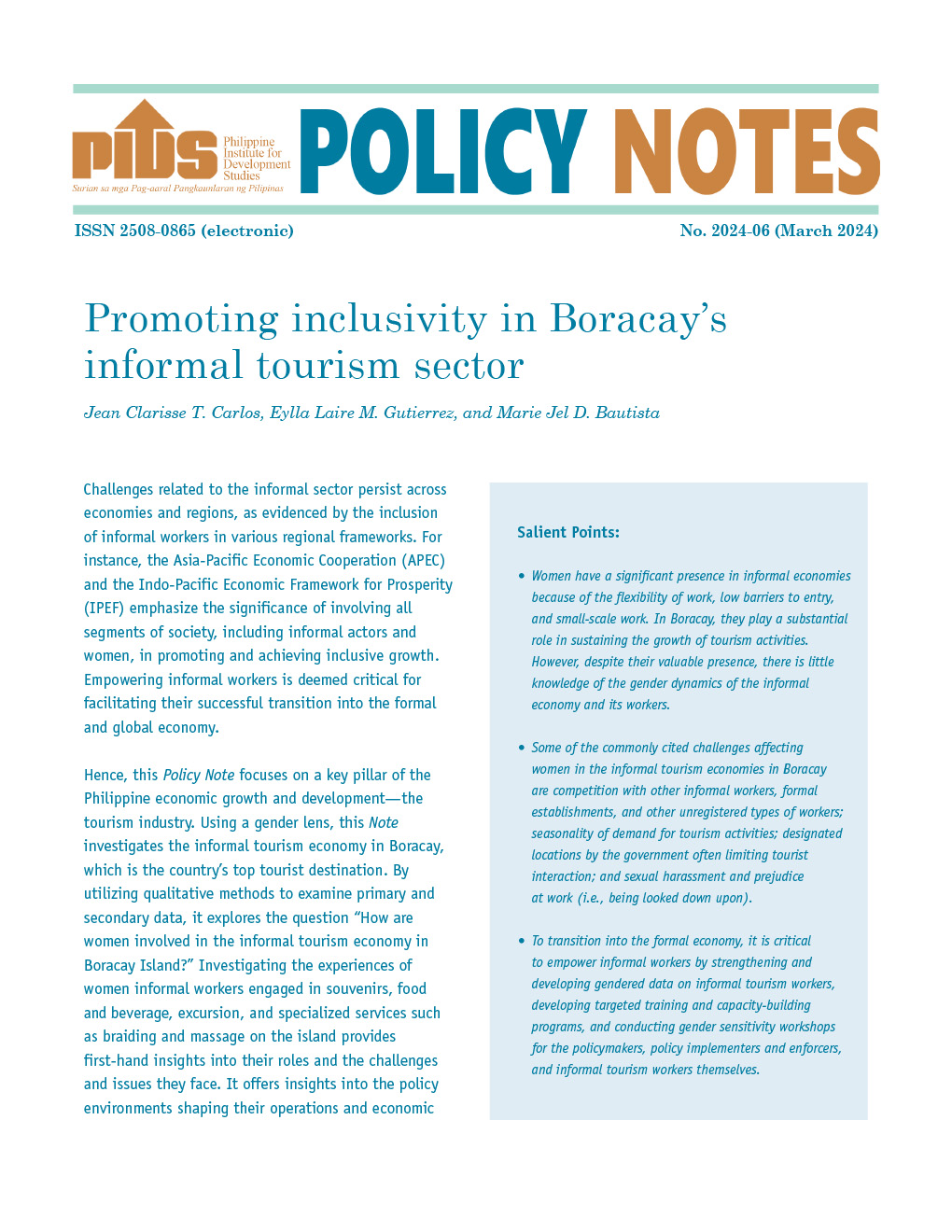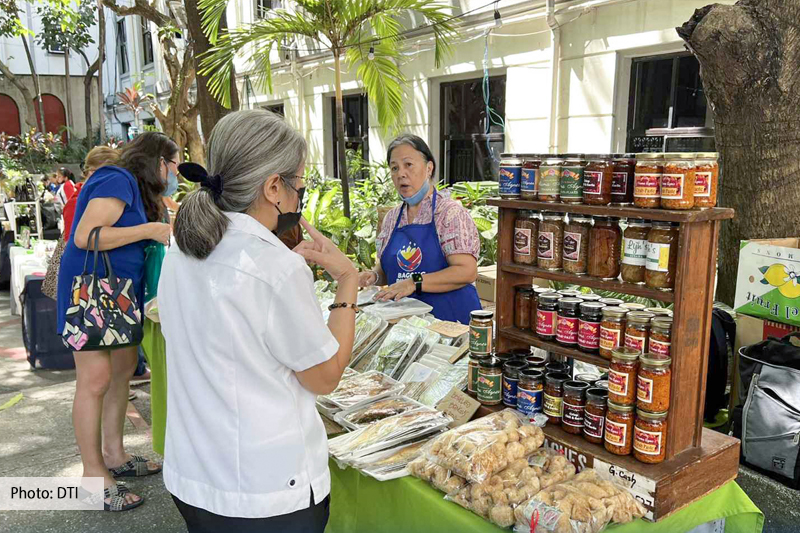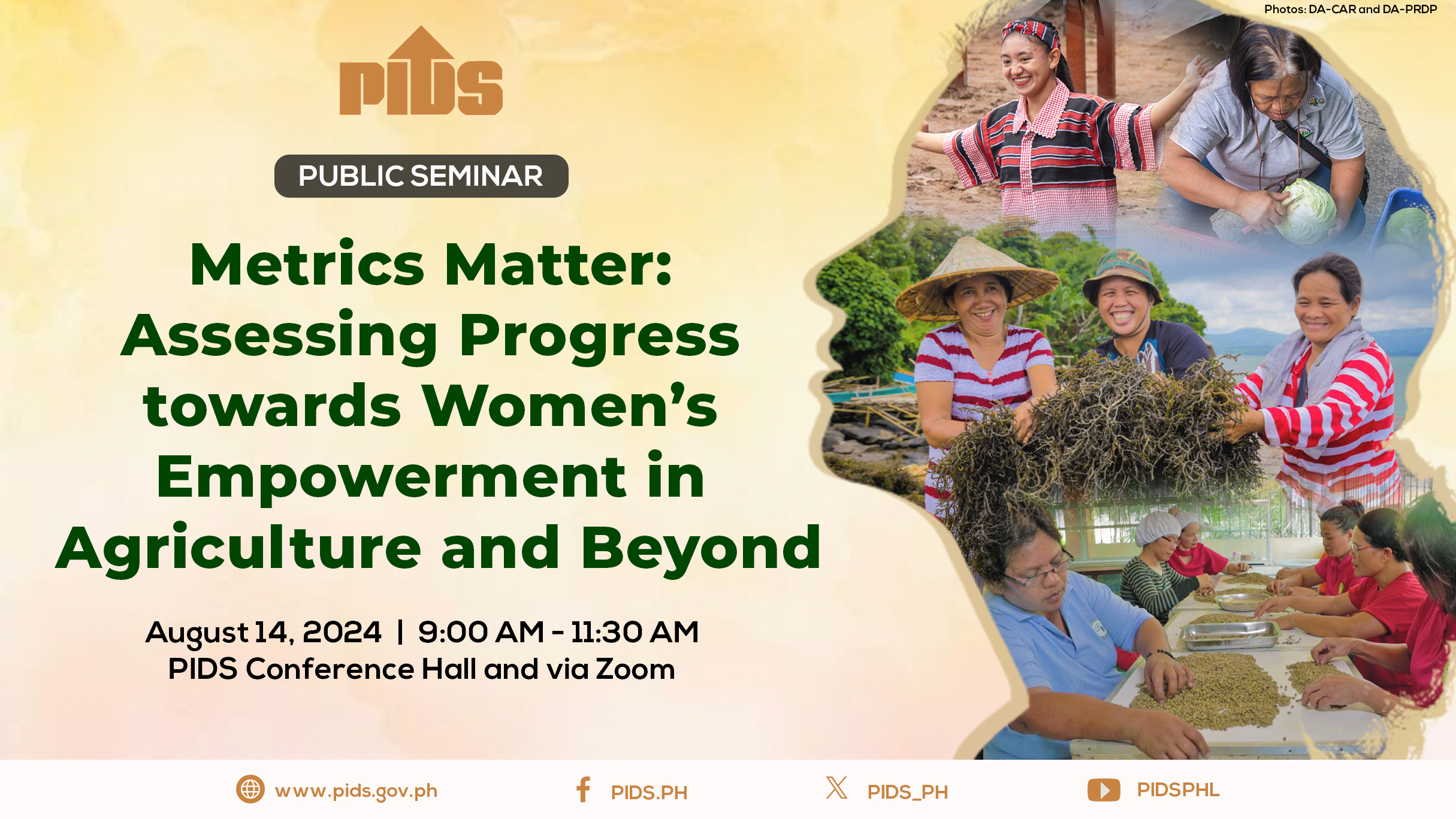MANILA, Philippines – Filipino women have biases against their own gender because they think this is “natural or inevitable,” said women’s rights expert Nathalie Africa-Verceles, interpreting data from a new report from the United Nations Development Programme (UNDP).
Verceles, professor at the Department of Women and Development Studies at the University of the Philippines Diliman, and former director of the UP Center for Women’s and Gender Studies, was interpreting data from the UNDP’s Gender Social Norms Index (GSNI) report.
Off the bat, in a Rappler Talk episode on Monday, June 19, Verceles, noted that the data from the GSNI should be taken with a grain of salt, since the presence of only seven indicators may “limit the generalizability” of the data.
The study found that almost all or 99.5% of Filipinos held biases against women. Broken down by gender, Filipino women who hold biases against their gender were just an increment higher – at 99.67%, compared to men who had biases at 99.33%.
Rappler talks to Nathalie Africa-Verceles of the UP Department of Women and Development Studies about the UNDP's findings of 9 of 10 Filipinos holding biases against women
‘There’s still a lot of work to be done in transforming or shifting social norms around gender,’ says women’s rights expert Nathalie Africa-Verceles in a Rappler Talk episode
The Philippines drops its second assignment in as many days in the 2023 AVC Challenge Cup to host Indonesia, as Faith Nisperos and Aiza Maizo-Pontillas' offense proved insufficient down the stretch
Verceles related the similar beliefs between men and women to internalized sexism.
“Across all the dimensions, you’ll notice that the percentages of women who have a gender bias do not differ markedly from the men, except in education. And we need to relate this to internalized sexism when they’ve actually bought into these gender norms, thinking of it as natural or inevitable,” Verceles said.
It is a situation “which I think is problematic,” she added.
“It’s not just the men who believe this, but the women as well, which is something that we need to think very deeply about, because it also has implications on our [gender equality] strategies,” she added.
Despite being one of the most gender-equal nations in the world according to the World Economic Forum’s Global Gender Gap report, the Philippines continues to grapple with a patriarchal society. A 2015 report from the Philippine Institute for Development Studies (PIDS) found that this culture of patriarchy is embedded into social structures through colonization and Church indoctrination.
Verceles said, “Our religion is part of our culture, and we know that culture plays a very, very, very significant role in shaping and perpetuating gender norms, and cultural values and beliefs that are passed down through generations.”
Misogyny in the public, political life
The Gender Social Norms Index is a metric that quantifies social beliefs and attitudes toward gender across four key dimensions – political, educational, economic, and physical integrity. Respondents were asked whether they agreed or disagreed with statements like “women having the same rights as men is essential for democracy,” and “men make better political leaders than women do.”
Out of the four dimensions, Verceles said that “gender bias with respect to women is most evident in the political dimension.” Gender bias against women was shown at the local government level, where very few seats are occupied by women officials, she said.
A 2017 policy note from the PIDS traced the underrepresentation of women in governance over the years. According to the paper, the state of female representation in local elective offices is “particularly alarming.”
Verceles noted the impact of Duterte’s strongman leadership in normalizing and perpetuating prejudiced attitudes towards women, though acknowledging that its extent is undetermined.
“When you have a head of state who’s openly sexist and misogynist, it will have [an impact]… that could have an impact on an ordinary citizen in terms of normalizing views on women’s subordination, women’s place, gender roles, etcetera,” she said.
In the education dimension, Verceles said that issues concerning acceptance and admission into educational institutions are not as pronounced, since women have been taking up space in fields that are previously exclusive to or dominated by men, such as technology.
According to the Commission on Higher Education, women enrollees in tertiary education also outnumbered their male counterparts in school year 2021-2022.
However, Verceles noted that problems remained in the lack of safe spaces on school campuses, producing fertile grounds for sexual harassment cases. (READ: This is how my teacher groomed me)
“If we do not see the problem in terms of where they are able to study and what they are able to study, we see the problem in terms of how they’re treated in the university, whether the spaces are safe enough for them,” Verceles said.
Confining women to the private, domestic sphere
In the study, 77.81% of Filipinos concurred with these two statements: “men should have more right to a job than women,” and “men make better business executives than women do.”
Verceles noted that many Filipinos still hold the belief that women are principally homemakers.
“[There is a belief that] their primary responsibility is to take care of the household, their partners, their children, etcetera. So they’re seen as primarily responsible for the unpaid care work in households, which deters them personally from seeking paid employment, [which also] deters companies from hiring women because they think that they’re not going to be as dedicated or committed as male employees,” she said.
While this is a shared norm all over the world, Verceles said that the social view of women as primary bearers of homemaking roles is especially rooted and apparent in Filipino culture. However, this does not mean that women are relieved of the responsibility to seek and take on compensated labor.
Most women work “in the informal economy where they’re better able to balance their household responsibilities and their paid work,” she said.
This data is echoed in a 2022 Philippine Comission on Women policy brief – “women make up ‘a large portion of the Philippine informal sector and are mostly found in small home businesses, contractual jobs in the manufacturing and service sectors, and other underdeveloped sector of the economy.’”
Meanwhile, the indicator with the highest score in the UNDP study was physical integrity. Around 92.83% of Filipinos agree with the statements: “it is justifiable for a man to beat his wife” and “abortion is never justifiable.” When broken down by gender, 92.5% of women hold a bias against their gender in terms of intimate partner violence and reproductive rights. It varies from men by only a slight margin, which is at 93.16%.
Asserting women’s place
Rather than being framed as a mere inconvenience, Verceles said that there is a need to “continue to raise critical awareness about gender issues” and “emphasize how gender norms harm people.”
Some of the initiatives she mentioned that Filipinos can undertake to dismantle deep-seated sexism pervading the country included advocating for legal reforms that address gender-based violence, enabling women leaders, and supporting grassroots efforts for equal rights.
“Women should actively struggle and fight for their rights,” she said, underscoring the importance of women’s involvement in public life, particularly in holding positions of power and having the capacity to influence decision-making.
“It’s [a gradual and ongoing] process that requires a collective effort, not just by the state,” she said, adding that genuine gender equality needs change at the ideological, institutional, personal, and interpersonal levels.

